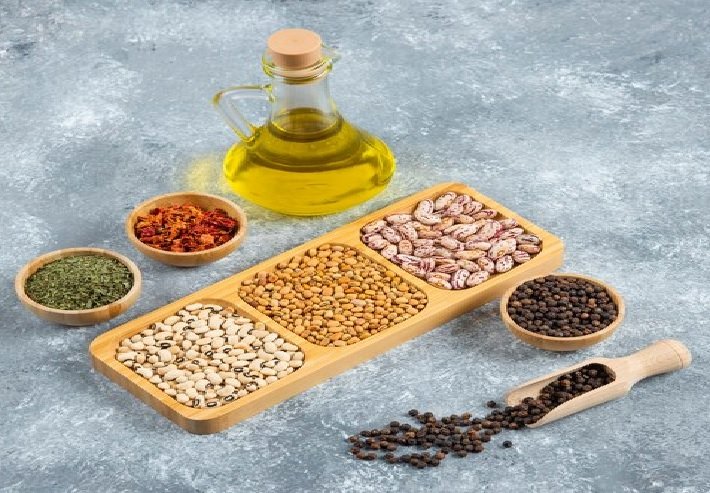Policy Push Needed to Raise Pulses and Oilseeds Prices
30-Oct-2025 07:58 PM

Mumbai. Wholesale market prices for major pulses produced during the Kharif season—tur, urad, and mung—and important oilseeds—soybean and groundnut—are trading well below their respective minimum support prices (MSPs), forcing producers to struggle to secure profitable returns on their crops. The delayed start of government procurement further complicates the situation.
Although the Union Agriculture Ministry has now approved the purchase of pulses and oilseeds from farmers at MSP in Gujarat and Uttar Pradesh, as well as in Odisha, Maharashtra, Telangana, and Andhra Pradesh, there is unnecessary delay in starting the procurement process.
Mung bean procurement will be conducted at MSP in Karnataka, while the Bhavantar Bhugtan Yojana (Bhavantar Bhugtan Yojana) has been implemented for soybean in Madhya Pradesh.
Over 2.2 million tons of soybean is expected to be purchased and sold under this scheme, and the amount for the Bhavantar Bhugtan Yojana has also been fixed.
In Maharashtra, approval has been given for the purchase of over 18.50 lakh tonnes of soybean at MSP. The procurement quantity and payment amount for Rajasthan, which is the largest producer of moong, have not yet been determined.
According to rough estimates, 10-12 lakh tonnes of pulses and oilseeds have been traded across the country during the current Kharif marketing season at prevailing wholesale market prices, and small and marginal farmers,
in particular, are being forced to sell their produce at prices well below the minimum support price due to extremely limited storage capacity and a high cash flow. It is expected that massive government procurement of pulses and oilseeds will begin next month.
